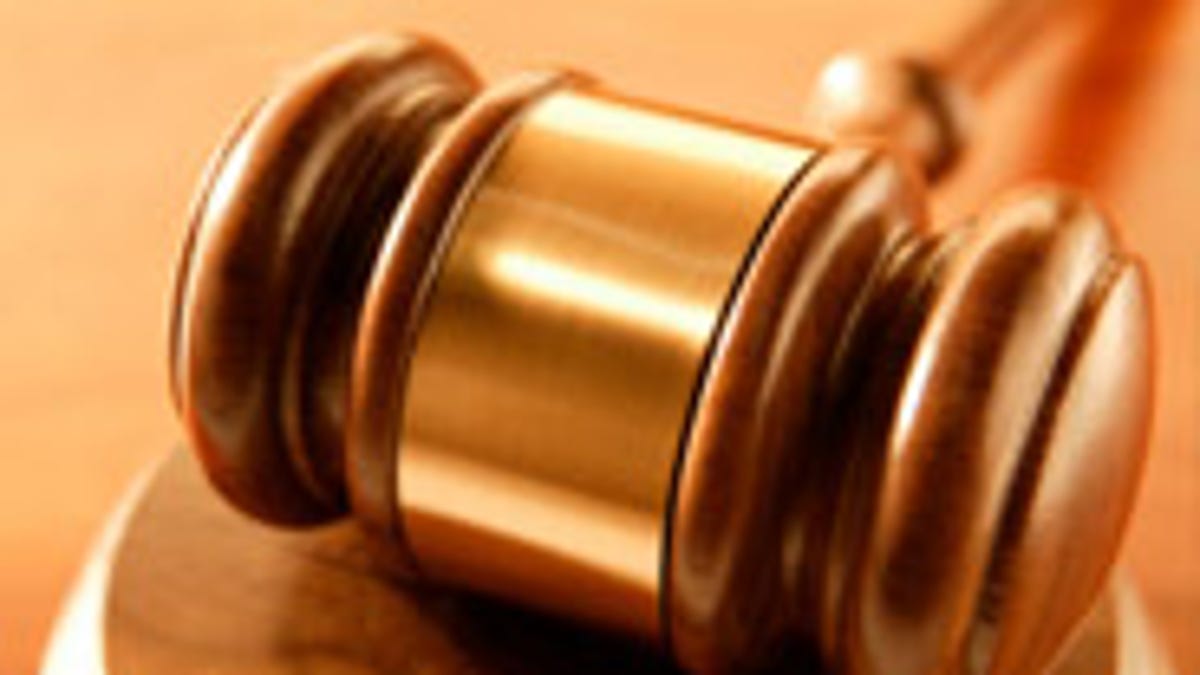Ever lied online? Good thing you weren't in Rhode Island
Residents of the northeastern state can now tell fibs on the Internet without fear of a prison sentence -- thanks to lawmakers repealing an archaic law that made it a crime to lie online.

Back in '80s when the Internet more closely resembled a series of tubes, the state of Rhode Island passed a law making it illegal to lie online. And until this week, this law was still in effect, according to the Associated Press.
That's right, in Rhode Island someone could actually be slapped with a misdemeanor charge, fined up to $500, and sentenced up to a year in prison for lying about their age on an online dating site, fibbing on Facebook about how many people were at a house party, or pumping up their resume on LinkedIn.
According to the Associated Press, lawmakers have finally caught up with the times and voted to repeal this antiquated law.
"This law made virtually the entire population of Rhode Island a criminal," executive director of the Rhode Island American Civil Liberties Union Steven Brown told the Associated Press. "When this bill was enacted nobody had any idea what its ramifications were. Telling fibs may be wrong, but it shouldn't be criminal activity."
Originally the law was meant to crack down on scammers and con artists but it also made the "transmission of false data" illegal, according to the Associated Press. Quickly the Internet outgrew the law.
The state representative who proposed tossing the law, Chris Blazejewski, told the Associated Press that it was probably unconstitutional. What's more, it wasn't very useful -- only a few people had ever been prosecuted for not telling the truth online.
"There are a lot of things we don't condone in our society that aren't crimes," Blazejewski said. "We take freedom of speech very seriously in this country and we should be concerned about the real and serious possibility of further erosion to our First Amendment civil liberties."

